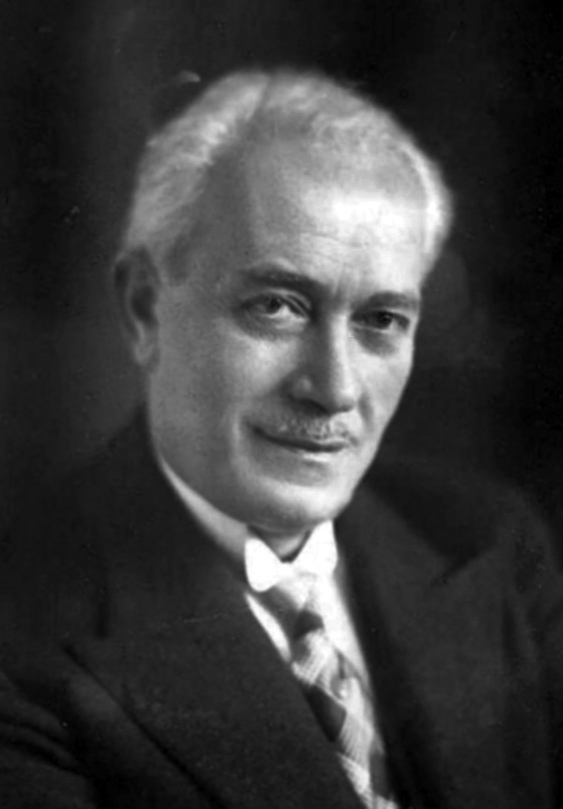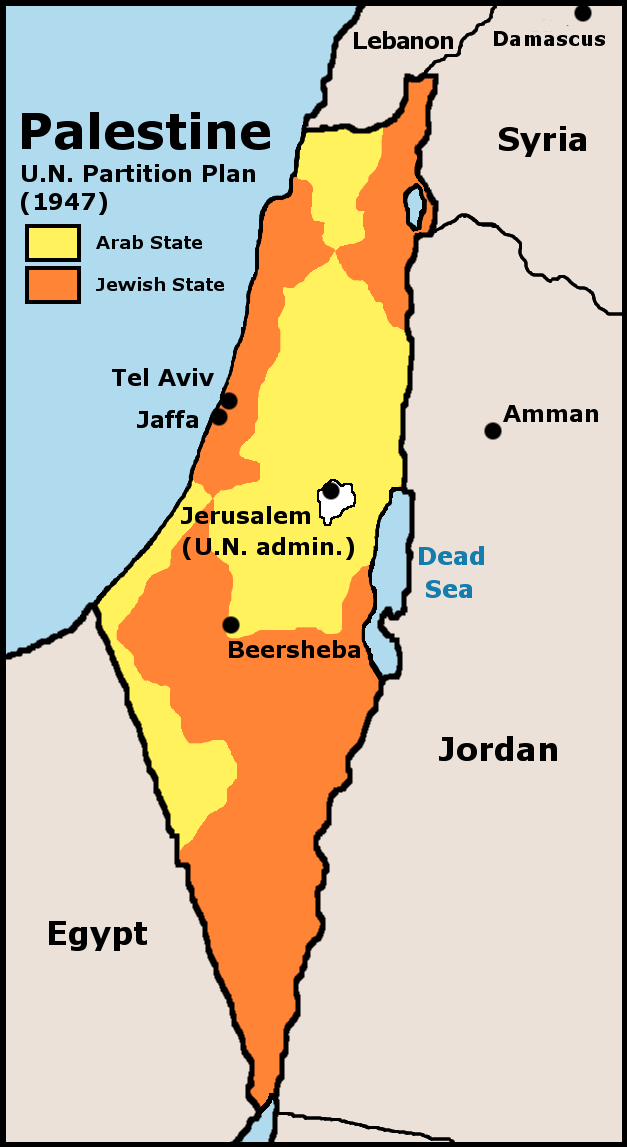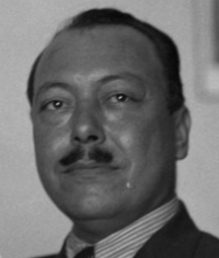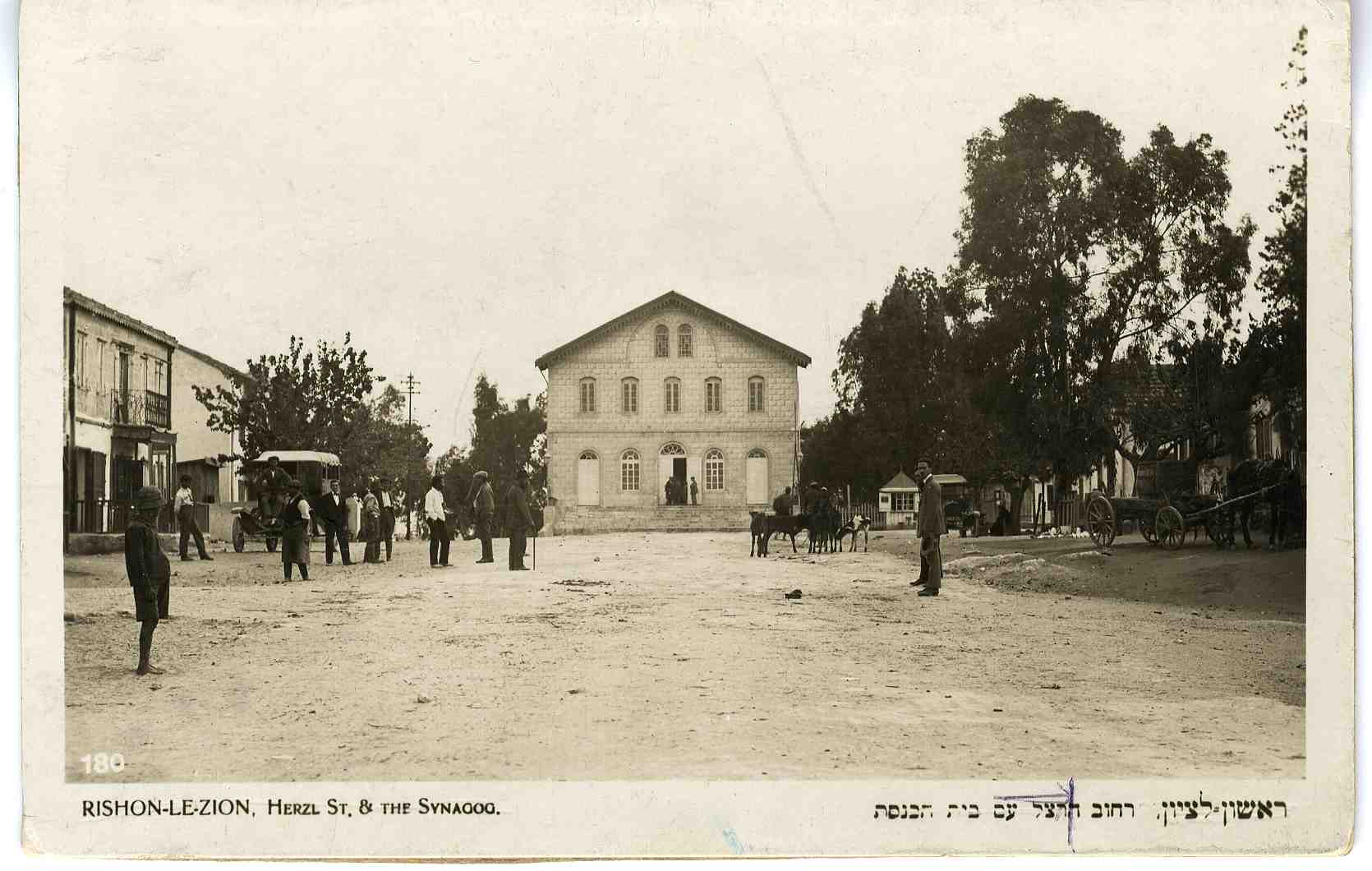|
Daniel Auster
Daniel Auster ( he, דניאל אוסטר , 7 May 1893 – 15 January 1963) was Mayor of Jerusalem in the final years of Mandatory Palestine, the first Jewish mayor of the city, and the first mayor of Jerusalem after Israeli independence. Biography Daniel Auster was born in Kniahynyn, a Galician town that is now a district of the city Ivano-Frankivsk, Ukraine. He immigrated to Ottoman-controlled Palestine prior to World War I after finishing his law studies at the university in Vienna, Austria, from which he graduated in 1914. He initially settled in Haifa and taught German at the Reali School. He first served at the Austrian expeditionary force headquarters in Damascus, assisting Arthur Ruppin in sending financial help from Constantinople to the starving Yishuv. In 1919, he became Secretary of the Legal Department of the Zionist Commission in Jerusalem. He became Deputy Mayor of Jerusalem under Husayn al-Khalidi in 1936. In 1937, he became the first Jewish mayor of ... [...More Info...] [...Related Items...] OR: [Wikipedia] [Google] [Baidu] |
Mayor Of Jerusalem
The Mayor of the City of Jerusalem is head of the executive branch of the political system in Jerusalem. The mayor's office administers all city services, public property, most public agencies, and enforces all city and state laws within Jerusalem. The mayor's office is located in Safra Square; it has jurisdiction over all the city's neighborhoods. The mayor appoints many officials, including deputy mayors and city departments directors. History The Jerusalem City Council was established in 1863 during the rule of the Ottoman Empire. From 1948 to 1967 two municipalities operated in the city: an Israeli municipality provided services to the western neighborhoods of the city and a Jordanian municipality to its eastern parts. By 1840, the Jewish community constituted the largest single religious group in the city. From the 1880s onward, the Jews constituted the majority within the city. However, it was only in 1937, under the British Mandate, that the first Jewish mayor wa ... [...More Info...] [...Related Items...] OR: [Wikipedia] [Google] [Baidu] |
Aliyah
Aliyah (, ; he, עֲלִיָּה ''ʿălīyyā'', ) is the immigration of Jews from the diaspora to, historically, the geographical Land of Israel, which is in the modern era chiefly represented by the State of Israel. Traditionally described as "the act of going up" (towards the Jewish holy city of Jerusalem), moving to the Land of Israel or "making aliyah" is one of the most basic tenets of Zionism. The opposite action—emigration by Jews from the Land of Israel—is referred to in the Hebrew language as '' yerida'' (). The Law of Return that was passed by the Israeli parliament in 1950 gives all diaspora Jews, as well as their children and grandchildren, the right to relocate to Israel and acquire Israeli citizenship on the basis of connecting to their Jewish identity. For much of their history, most Jews have lived in the diaspora outside of the Land of Israel due to various historical conflicts that led to their persecution alongside multiple instances of expu ... [...More Info...] [...Related Items...] OR: [Wikipedia] [Google] [Baidu] |
1949 Israeli Legislative Election
Constituent Assembly elections were held in newly independent Israel on 25 January 1949. Voter turnout was 86.9%. Two days after its first meeting on 14 February 1949, legislators voted to change the name of the body to the Knesset (Hebrew: כנסת, translated as ''Assembly''). It is known today as the First Knesset. Background During the establishment of the state of Israel in May 1948, Israel's national institutions were established, which ruled the new state. These bodies were not elected bodies in the pure sense, and their members originated from the management of the Jewish agency and from the management of the Jewish National Council. The Israeli Declaration of Independence stated that: However, the elections were not held before the designated date due to the ongoing war and were cancelled twice. The elections were eventually held on 25 January 1949. Preparations for the elections These were the first elections held in Israel, and as such they demanded special p ... [...More Info...] [...Related Items...] OR: [Wikipedia] [Google] [Baidu] |
Corpus Separatum (Jerusalem)
''Corpus separatum'' (Latin for " separated body") was the internationalization proposal for Jerusalem and its surrounding area as part of the United Nations Partition Plan for Palestine. It was adopted by the United Nations General Assembly with a two-thirds majority in November 1947. According to the Partition Plan, the city of Jerusalem would be brought under international governance, conferring it a special status due to its shared importance for the Abrahamic religions. The ''corpus separatum'' was one of the main issues of the Lausanne Conference of 1949, besides the borders of Israel and the question of the Palestinian right of return. The Partition Plan was not implemented, being firstly rejected by Palestinian and other Arab leaders and then overtaken by the 1948 Arab–Israeli War, which left Jerusalem split between Israel ( West Jerusalem) and Jordan ( East Jerusalem). Presently, there is generally wide international support for the view that Jerusalem should be ... [...More Info...] [...Related Items...] OR: [Wikipedia] [Google] [Baidu] |
Israeli Declaration Of Independence
The Israeli Declaration of Independence, formally the Declaration of the Establishment of the State of Israel ( he, הכרזה על הקמת מדינת ישראל), was proclaimed on 14 May 1948 ( 5 Iyar 5708) by David Ben-Gurion, the Executive Head of the World Zionist Organization, Chairman of the Jewish Agency for Palestine, and soon to be first Prime Minister of Israel. It declared the establishment of a Jewish state in Eretz-Israel, to be known as the State of Israel, which would come into effect on termination of the British Mandate at midnight that day. The event is celebrated annually in Israel with a national holiday Independence Day on 5 Iyar of every year according to the Hebrew calendar. Background The possibility of a Jewish homeland in Palestine had been a goal of Zionist organizations since the late 19th century. In 1917 British Foreign Secretary Arthur Balfour stated in a letter to British Jewish community leader Walter, Lord Rothschild that: His ... [...More Info...] [...Related Items...] OR: [Wikipedia] [Google] [Baidu] |
Assembly Of Representatives (Mandatory Palestine)
The Assembly of Representatives ( he, אספת הנבחרים, ''Asefat HaNivharim'') was the elected parliamentary assembly of the Jewish community in Mandatory Palestine. It was established on 19 April 1920, and functioned until 13 February 1949, the day before the first Knesset, elected on 25 January, was sworn in. The Assembly met once a year to elect the executive body, the Jewish National Council, which was responsible for education, local government, welfare, security and defense. It also voted on the budgets proposed by the Jewish National Council and the Rabbinical Council. History Under the British Mandate, the Yishuv (Jewish community), established a network of political and administrative institutions, among them the Assembly of Representatives. To ensure that small groups were properly represented, a system of proportional representation was introduced. The first elections were held on 19 April 1920, and the largest faction, Ahdut HaAvoda, won only 70 of the Asse ... [...More Info...] [...Related Items...] OR: [Wikipedia] [Google] [Baidu] |
Mayor Of Jerusalem
The Mayor of the City of Jerusalem is head of the executive branch of the political system in Jerusalem. The mayor's office administers all city services, public property, most public agencies, and enforces all city and state laws within Jerusalem. The mayor's office is located in Safra Square; it has jurisdiction over all the city's neighborhoods. The mayor appoints many officials, including deputy mayors and city departments directors. History The Jerusalem City Council was established in 1863 during the rule of the Ottoman Empire. From 1948 to 1967 two municipalities operated in the city: an Israeli municipality provided services to the western neighborhoods of the city and a Jordanian municipality to its eastern parts. By 1840, the Jewish community constituted the largest single religious group in the city. From the 1880s onward, the Jews constituted the majority within the city. However, it was only in 1937, under the British Mandate, that the first Jewish mayor wa ... [...More Info...] [...Related Items...] OR: [Wikipedia] [Google] [Baidu] |
Yishuv
Yishuv ( he, ישוב, literally "settlement"), Ha-Yishuv ( he, הישוב, ''the Yishuv''), or Ha-Yishuv Ha-Ivri ( he, הישוב העברי, ''the Hebrew Yishuv''), is the body of Jewish residents in the Land of Israel (corresponding to the southern part of Ottoman Syria until 1918, OETA South 1917–1920, and Mandatory Palestine 1920–1948) prior to the establishment of the State of Israel in 1948. The term came into use in the 1880s, when there were about 25,000 Jews living across the Land of Israel and continued to be used until 1948, by which time there were some 630,000 Jews there. The term is still in use to denote the pre-1948 Jewish residents in the Land of Israel. A distinction is sometimes drawn between the Old Yishuv and the New Yishuv. The Old Yishuv refers to all the Jews living in the Land of Israel before the first Zionist immigration wave (''aliyah'') of 1882, and to their descendants who kept the old, non-Zionist way of life until 1948. The Old Yishuv r ... [...More Info...] [...Related Items...] OR: [Wikipedia] [Google] [Baidu] |
Arthur Ruppin
Arthur Ruppin (1 March 1876 – 1 January 1943) was a German Zionist proponent of pseudoscientific race theory and one of the founders of the city of Tel Aviv.Todd Samuel Presner, ’German Jewish Studies in the Digital Age:Remarks on Discipline, Method nand Media,' in William Collins Donahue, Martha B. Helfer (eds.) Nexus: Essays in German Jewish Studies Volume 1, Camden House, 2011 pp.7-25 p.22 n.10 Appointed director of Berlin's Bureau for Jewish statistics (''Büro für Statistik der Juden'') in 1904, he moved to Palestine in 1907, and from 1908 was the director of the Palestine Office of the Zionist Organization in Jaffa, organizing Zionist immigration to Palestine. In 1926, Ruppin joined the faculty of the Hebrew University of Jerusalem and founded the Department for the Sociology of the Jews. Described posthumously as the "founder of German-Jewish demography" and "father of Israeli sociology", his best known sociological work was ''The Jews in the Modern World'' (19 ... [...More Info...] [...Related Items...] OR: [Wikipedia] [Google] [Baidu] |
Damascus
)), is an adjective which means "spacious". , motto = , image_flag = Flag of Damascus.svg , image_seal = Emblem of Damascus.svg , seal_type = Seal , map_caption = , pushpin_map = Syria#Mediterranean east#Arab world#Asia , pushpin_label_position = right , pushpin_mapsize = , pushpin_map_caption = Location of Damascus within Syria , pushpin_relief = 1 , coordinates = , subdivision_type = Country , subdivision_name = , subdivision_type1 = Governorate , subdivision_name1 = Damascus Governorate, Capital City , government_footnotes = , government_type = , leader_title = Governor , leader_name = Mohammad Tariq Kreishati , parts_type = Municipalities , parts = 16 , established_title = , established_date ... [...More Info...] [...Related Items...] OR: [Wikipedia] [Google] [Baidu] |
Reali School
, motto_translation = ''Walk Humbly'' , address = Hertzel 16 , city = Haifa , zipcode = 3312103 , country = Israel , coordinates = , other_name = , former_name = , type = Private , established = , founder = Arthur Biram , opened = , closed = , district = , grades = pre-pre- K - 12 , superintendent = , principal = Yosi Ben-Dov , staff = 650 , faculty = , gender = Coeducational , age_range = , enrollment = 4,500 , tuition = Varies , campus_size = , campus_type = , team_name = , newspaper = , colors = , communities = , feeder_sc ... [...More Info...] [...Related Items...] OR: [Wikipedia] [Google] [Baidu] |
Haifa
Haifa ( he, חֵיפָה ' ; ar, حَيْفَا ') is the third-largest city in Israel—after Jerusalem and Tel Aviv—with a population of in . The city of Haifa forms part of the Haifa metropolitan area, the third-most populous metropolitan area in Israel. It is home to the Baháʼí Faith's Baháʼí World Centre, and is a UNESCO World Heritage Site and a destination for Baháʼí pilgrimage. Built on the slopes of Mount Carmel, the settlement has a history spanning more than 3,000 years. The earliest known settlement in the vicinity was Tell Abu Hawam, a small port city established in the Late Bronze Age (14th century BCE). Encyclopedia Judaica, ''Haifa'', Keter Publishing, Jerusalem, 1972, vol. 7, pp. 1134–1139 In the 3rd century CE, Haifa was known as a dye-making center. Over the millennia, the Haifa area has changed hands: being conquered and ruled by the Canaanites, Israelites, Phoenicians, Assyrians, Babylonians, Persians, Hasmoneans, Romans, Byzant ... [...More Info...] [...Related Items...] OR: [Wikipedia] [Google] [Baidu] |










